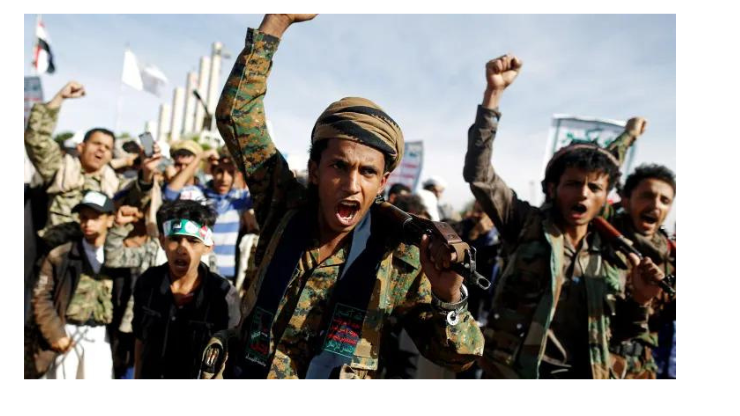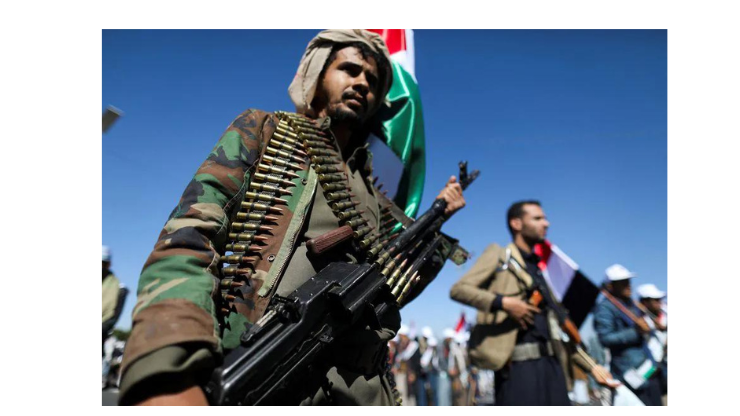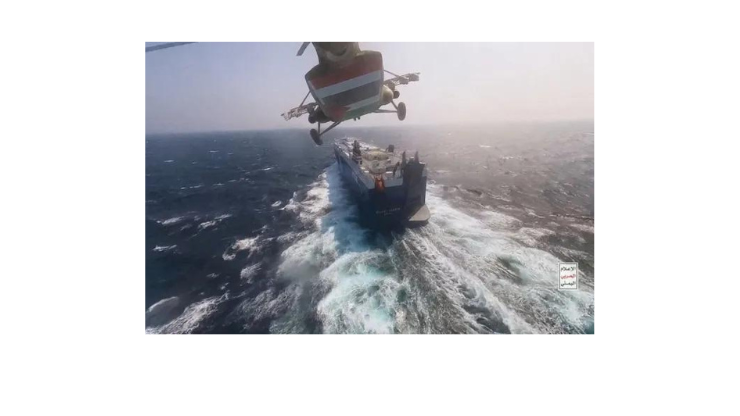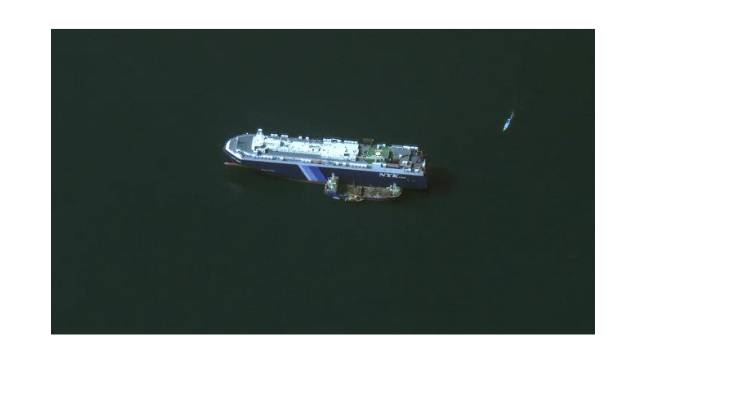
Red Sea commerce 1 lines are being rocked by Houthi attacks, which probably won’t stop anytime soon.
Here’s what may occur after Houthi Involvement.

The operations of Yemen’s Houthi rebels have made the Red Sea a focal point for global tensions in recent years. Officially known as Ansar Allah, this group has escalated its attacks on ships and commercial tankers in the southernmost portion of the Red Sea, disrupting an important maritime trade route. Investigating the genesis, goals, and aspirations of the Houthi rebels is crucial to understanding the situation. https://Houthi.com
The Houthi Rebels: Who Are They?
The Houthi rebels are a Shiite Muslim faction that emerged from Yemen’s untamed northwest mountains. Ansar Allah, their official name, means “Supporters of God.” The Houthi family and their allies make up the majority of the group. Their dissatisfaction stems from a sense of marginalization within Yemen as well as economic, political, and religious grievances.
Historical Background:

The Houthi movement began as a protest against the policies of the Yemeni government and rose to prominence in the early 2000s. Perceived prejudice against the Shiite minority, economic hardships, and hostility to foreign forces—including the US—in Yemen were the main sources of the group’s unhappiness. The battle has changed over time, enticing in more regional players and making Yemen’s humanitarian disaster worse.
What the Houthi Rebels want to achieve:
A careful analysis of the rebels’ political goals and philosophy is necessary to comprehend their ambitions. The conflict has taken on a regional dimension despite having local roots. The Houthis want to set up a government that stands up for both their interests and the interests of people they believe are oppressed. Additionally, they object to what they perceive to be foreign meddling in Yemen’s domestic affairs, especially when Saudi Arabia and the United Arab Emirates are involved.
Dynamics of Geopolitics:

Wider regional disputes now center around the Houthi insurgency. Iran and Saudi Arabia are two of the neighboring nations that have become involved in the dispute. Saudi Arabia has led a coalition to help the Yemeni government against the rebels, seeing the Houthi movement as a front for Iranian dominance in the region. In addition to raising tensions, this proxy war has made it more difficult to resolve the Yemeni problem peacefully.
Red Sea Maritime Disruptions:
An already complicated battle takes on a nautical aspect with the Houthi rebels’ recent escalation of attacks on commercial tankers and ships in the Red Sea. An important trading route that links Europe, Asia, and Africa is the Red Sea. Affected shipments of oil and the flow of products have worldwide ramifications when disruptions occur in this area. The attacks have wider economic ramifications in addition to endangering regional stability.
International Response:
They attacks in the Red Sea have drawn concern from the international community. A truce and a return to talks to end the Yemeni war have been demanded by the UN and other countries. Though a speedy conclusion is difficult due to the parties’ entrenched stances, diplomatic efforts are still being made to establish a solution..
They are attacking cargo ships, but why?
Attacking Achievements
Yemen’s rebels have explicitly stated their intention to target ships bound for or departing from Israel, citing retaliation for Israel’s military campaign in Gaza, which has resulted in over 20,000 casualties and sparked a dire humanitarian crisis. The conflict escalated on October 7 following a brutal terrorist attack by the Palestinian militant group Hamas, claiming 1,200 lives in Israel’s south and taking 240 hostages.
They response to these events has been multifaceted, involving the deployment of direct-attack drones, anti-ship missiles, and, notably, the physical seizure of a merchant ship through a daring helicopter landing. These aggressive actions underline the Houthi rebels’ determination to escalate hostilities.
In recent news.

Mohammed al-Bukaiti, a senior political official, conveyed a resolute message: “Even if America succeeds in mobilizing the entire world, our military operations will not stop unless the genocide crimes in Gaza cease, and we can ensure the entry of essential supplies such as food, medicine, and fuel to the besieged population, no matter the sacrifices it costs us.”
This statement emphasizes the rebels’ unwavering commitment to their cause, linking the halt in military operations directly to the alleged genocide in Gaza and the dire need for humanitarian aid. The demand for the entry of essential supplies to Gaza underscores the severity of the humanitarian crisis and the Houthi rebels’ perception of Israel’s actions as contributing to this dire situation.https://www.reuters.com
Use of direct-attack drones,

The rebels’ military prowess and willingness to adopt unorthodox methods are demonstrated by their employment of direct-attack drones, anti-ship missiles, and the capture of a commercial vessel. This presents a serious obstacle to de-escalation attempts through diplomacy as well as the security of marine operations in the area.
The Houthi rebels are unwavering in their demands, putting the international community—especially the United States—in a precarious situation. The state of affairs underscores the intricacy of the geopolitical terrain, as regional disputes get more intricate and rising hostilities have far-reaching effects on the Middle East and international maritime commerce.